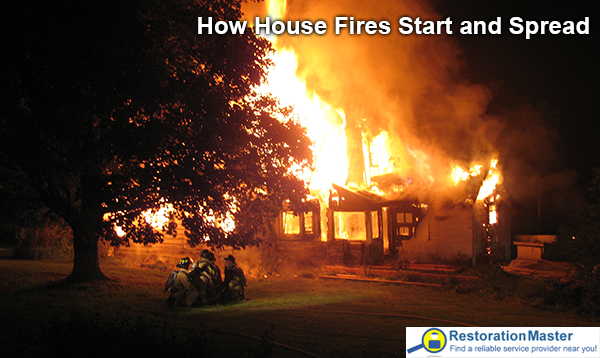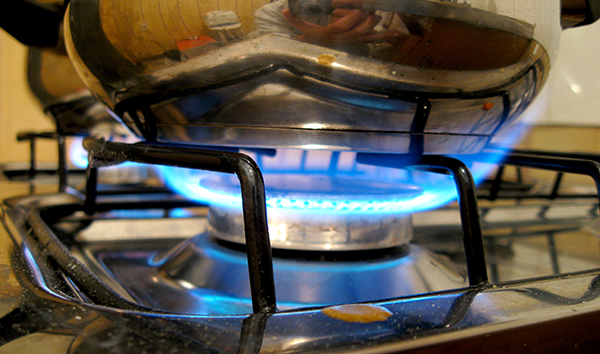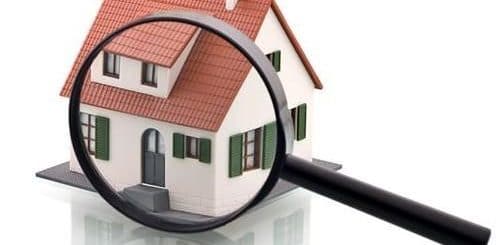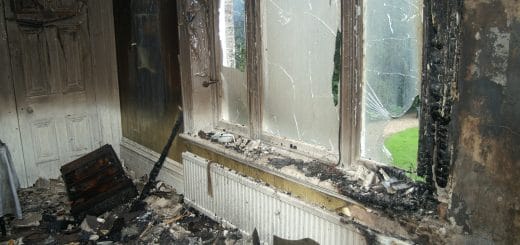How House Fires Start and Spread

Firefighter fighting with a house fire
A fire is one of the most devastating situations a homeowner will ever face. Understanding the causes and behavior of house fires will help you keep your home and family safe. Knowing what to do if you do face a house fire will help you recover and get life back to normal as quickly as possible.
What Causes House Fires?
Many house fires begin in the kitchen. All it takes is a drop of grease to splatter out of a hot pan onto a gas flame, and you have a dangerous kitchen fire. Other common causes of house fires include space heaters, and frayed or inadequate wiring. Careless smoking, especially around textiles, is also a significant cause of house fires.
Preventing a house fire takes vigilance, especially in situations involving open flames, such as smoking, burning candles, or using a barbeque. Avoid distraction while cooking to avoid accidental flame-ups and grease fires.
How Do Fires Spread?
Fire can spread through your house very quickly. It only takes a few seconds for a smoldering ash or spark to ignite a curtain or a couch cushion. In just minutes, that flame can engulf the entire room.
Fires spread by consuming fuel and oxygenOxygen is a chemical element essential for combustion and li... More. They travel faster through open areas than they do through closed doors and walls. HVAC ventilationVentilation is the process of exchanging or circulating air ... More systems offer a conduit through which smoke and flames can travel from room to room or floor to floor.

There are many dangers that can leadLead is a heavy metal that can be toxic to humans, especiall... More to fire in your home.
The best way to prevent a fire from spreading is to put it out if you can. Use a fire extinguisher aimed at the base of the flames. Do not use water, especially in the kitchen where the fire may be fueled by grease. Water will simply spread the flames, rather than extinguish them.
If the fire is too large to put out, evacuate the building immediately. Close doors and windows behind you to slow down the spread of the fire.
Never re-enter a burning building. The fire may have weakened the structural supports. If support beams or the roof collapses, you could be trapped inside.
What Should You Do After a House Fire?
As soon as emergency crews put out the fire, they will advise you on whether the house is safe to re-enter. Do not return to your home unless fire fighters have informed you that it is safe to do so.
Once the emergency crews leave, it is time to consider restorationRestoration is the process of returning a property to its pr... More options. The sooner you arrange for fire restorationRestoration is the process of returning a property to its pr... More, the better your chances of reducing the damage. According to RestorationMaster, corrosive byproducts of sootSoot is fine black particles composed of carbon and other ma... More and ash can cause permanent damage in as little as 72 hours. They also advise that you avoid attempting to clean walls, carpet, or upholstery yourself. They have specialized cleaning methods designed to remove sootSoot is fine black particles composed of carbon and other ma... More, ash, and smoke from textiles. Improper cleaning techniques could further damage your possessions.
Most fire damage restoration crews have a 24-hour emergency phone number and will have a team at your home within a few hours to do emergency clean-up. Most homeowner’s insuranceHomeowner’s insurance is a policy that provides financial ... More policies cover this type of service. Speak to your insurance agent as soon as the fire is out to file your claim and begin restorationRestoration is the process of returning a property to its pr... More.












